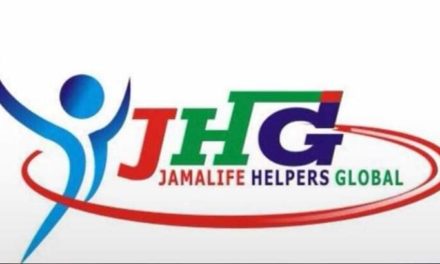
Sovereign right to use own resources

The Minister of Environment and Tourism, Hon Pohamba Shifeta said that the motion presented on domestic ivory markets ran counter to the country’s conservation policies and Namibia will not support the ban on the trade.
Shifeta said this earlier in the week following his return from the 2016 International Union for Conservation of Nature (IUCN) World Conservation Congress held in Hawaii at the beginning of the month.
Despite Namibia not participating in any domestic trade in ivory, even though it has all the necessary regulations in place for such trade, Shifeta said Namibia can easily exit the IUCN, as it is not bound.
The minister said that apart from a number of very constructive discussions on a range of important issues pertaining to conservation, the Namibian team was disappointed by the motion on domestic ivory markets.
The motion which will see a ban in domestic trade in ivory, was proposed by a consortium of NGO’s and African governments, amongst which Ethiopia and Gabon were the most vocal, while other strong supporters of the motion included the USA and France.
Shifeta pointed out reasons to why Namibia does not support the motion, which included his belief that markets can be regulated if there is sufficient political will rather than just closed access.
“We have the interest of rural communities at heart with elephants being one of the most important valuable assets that we have to support community conservation programmes,” he pointed out.
Furthermore he said there is no justification for a blanket closing of all markets, instead a differential is needed between well-regulated markets such as Japan and others that can for whatever reason not be regulated.
Shifeta added that Namibia has a sovereign right and responsibility to decide over the use of its own resources and they are not obliged to settle on any motion.
The IUCN has around 900 members, including governments and NGOs. More than 700 delegates attended the congress, including more than 560 NGOs. Around 90 motions were put before the congress to be decided by vote. Motions become resolutions when approved, and while they are non-binding on the members, they are very influential in directing public opinion and government policies.










































